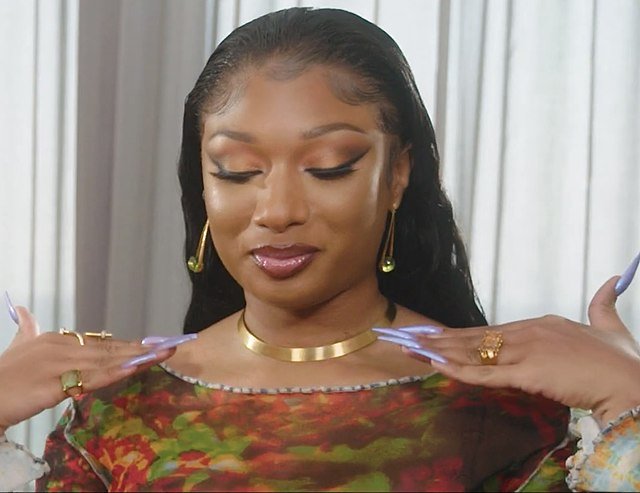For over a decade, the representation of women at senior levels has been on the agenda in the corporate world. Visibility is just one of the barriers that women face on their way to becoming leaders. The representation of females in the UK is low, with about 30% occupying leadership roles.
Female representation on boards has reached 39% in FTSE 100 companies. Therefore, this data confirms what Black women in the UK already know: regrettably, encountering unacceptable racism at work is the norm.
Progress impeded by gendered racism
With all these projections, progression remains low as issues such as sexism, gendered racism, and lack of support are rising. Gendered racism is a set of laws and concepts that perpetuate racial injustices among people who belong to minority gender and racial groups. Due to gendered racism, Black and other women of colour experience stress in various settings, including the workplace, where they frequently have to negotiate racial and gender barriers in professional settings.
Rising above challenges – the cases of Megan Thee Stallion and Meghan Markle
Regarding career advancement, Black professional women in the UK and the US encounter a nearly impenetrable “concrete ceiling.” Despite the glaring challenges, some women have risen above these setbacks. Meghan Markle and US rapper Megan Thee Stallion are two classic examples of women who have risen above ostracism, criticism, and invisibility.

Long before Meghan got the chance to become a formal member of the royal family and after her relationship with Prince Harry was made public in 2016, she was heavily scrutinised because she was considered bi-racial. Ever since, the media has relentlessly and racially tabloid-covered her. From lack of support, and questions surrounding the colour of her child to having suicidal thoughts, Meghan had her share of unfair treatment. Notably, it has been asserted that Meghan was the target of racial abuse because of the UK tabloids’ unfavourable coverage of her.
Similarly, Megan Thee Stallion is aware that a gendered double standard still exists even though three decades of musical history have shown that women in rap are just as capable as their male counterparts. After the shooting incident, she felt she was on trial for more than two years. When Meghan Thee Stallion came forward, she spoke about the criticism she had faced online and lamented the lack of sympathy. Some had criticised her credibility and appearance, doubted the severity of her injuries, and even suggested she was to blame for the incident.
Like these women, many Black women feel they must prove their worth to everyone else daily. It almost feels like they have nowhere to run or hide. Gendered racism can adversely affect businesses – from employees’ health to the stifling of diversity and inclusion policies. Employers are a crucial ally in reducing gendered racism because they have the power and responsibility to do so. Thus, they can examine their workforce’s makeup to ensure that their hiring and promotion practices promote equal opportunity.

How you can support Black women at work
- BYP has a mentorship programme whereby we match leading corporate partners with members of the Black community, giving them a guiding companion on how to navigate the workplace, assess their career progression and overcome barriers. It’s a mutually beneficial tool, empowering Black professionals, and providing companies with leadership skills and direct access to budding Black talent. Contact us today to find out how you can get your company involved.
- Support by tuning in to hearing the stories of Black women, as they tell it. We’ve had a number of inspirational Black female trailblazers speak at our annual Leadership Conference and various global events, from Countdown’s child prodigy and mathematician Dr. Anne-Marie Imafidon, to co-founder of UK Black Pride, Phyll Opoku-Gyimah. Watch videos of the talks and panel discussions now.
- To find out more about the issues affecting Black women at work and how to help diminish them, try our CPD-accredited Black Experience Course. It’s packed with trainer-led videos and written articles detailing the lived experiences of Black people in the workplace and highlighting unconscious biases.
International Women’s Month is taking place as usual on March 8 in conjunction with Women’s History Month, but as we all know, we need to #EmbraceEquity all year round.






